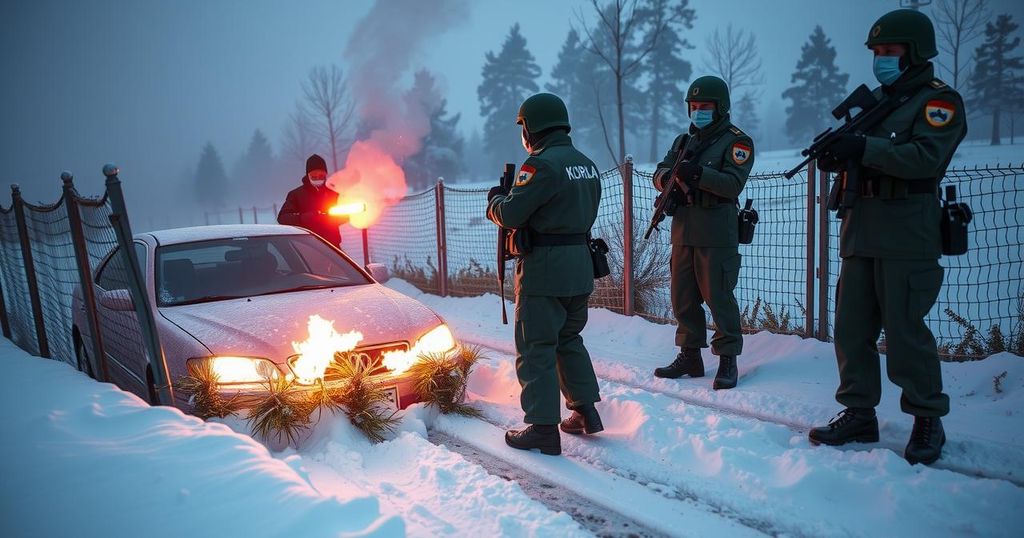Zelenskyy Reports Over 3,000 North Korean Casualties in Russia’s Kursk Region

Ukrainian President Zelenskyy reports that over 3,000 North Korean soldiers have been killed or wounded in the Kursk region, with indications that more troops and military equipment may be sent to assist Russia. South Korean officials confirm preparations for increased troop deployments from the North, which includes advanced weaponry. Concerns grow over the ramifications of this military cooperation amid ongoing global conflict.
Ukrainian President Volodymyr Zelenskyy has reported that over 3,000 North Korean soldiers have been either killed or wounded in Russia’s Kursk region. This follows recent intelligence indicating that there may be up to 12,000 North Korean troops deployed in Russia, primarily to assist in military operations against Ukrainian forces. Zelenskyy expressed concern about the potential for further North Korean military support to Russia, criticizing global leaders for their inaction against this cooperation. South Korea has also signaled that North Korea seems ready to send additional troops and military resources, including advanced weaponry such as suicide drones, to bolster Russian efforts.
The ongoing military assistance and collaboration between North Korea and Russia reflect a significant shift in geopolitical dynamics amid the conflict in Ukraine. North Korea’s involvement is seen not only as direct military aid but also as part of a broader strategic alliance between the two nations. Observers note that North Korea’s potential contributions to Russia’s military capabilities could alter the landscape of the conflict, emphasizing the urgency for international awareness and action regarding these developments.
In conclusion, the involvement of North Korean troops in Russia’s military operations signifies a troubling escalation in the conflict in Ukraine and a strengthening of ties between North Korea and Russia. The loss of thousands of North Korean soldiers highlights the human cost of this partnership. Moreover, the potential deployment of additional North Korean personnel and advanced weaponry underscores a critical need for an effective international response to prevent further military cooperation between these nations.
Original Source: www.rfa.org








